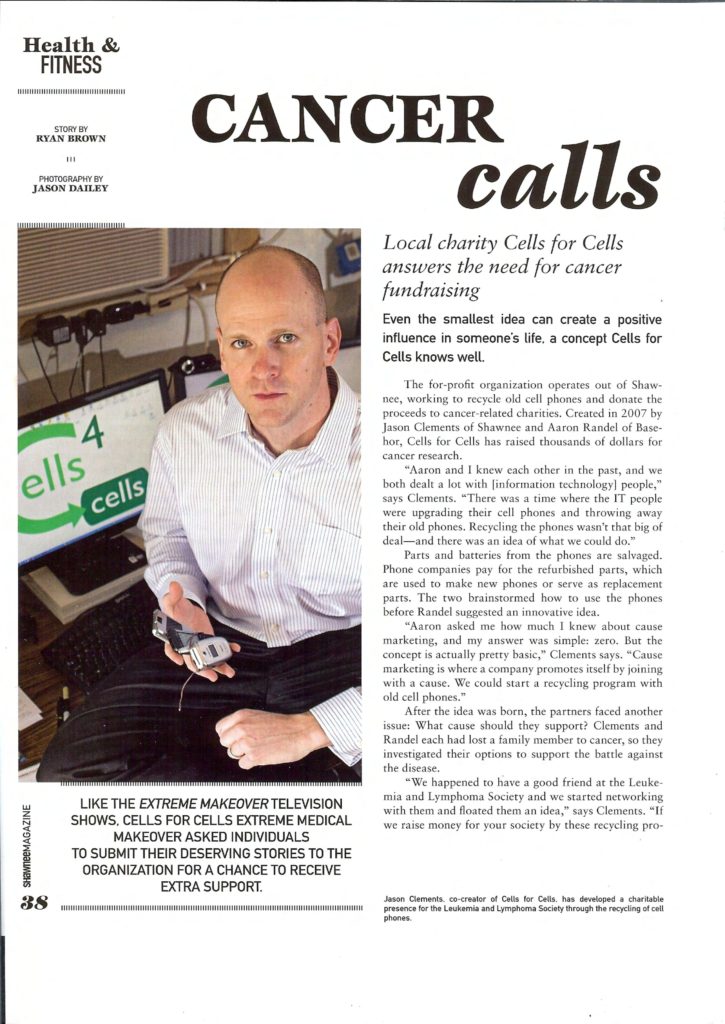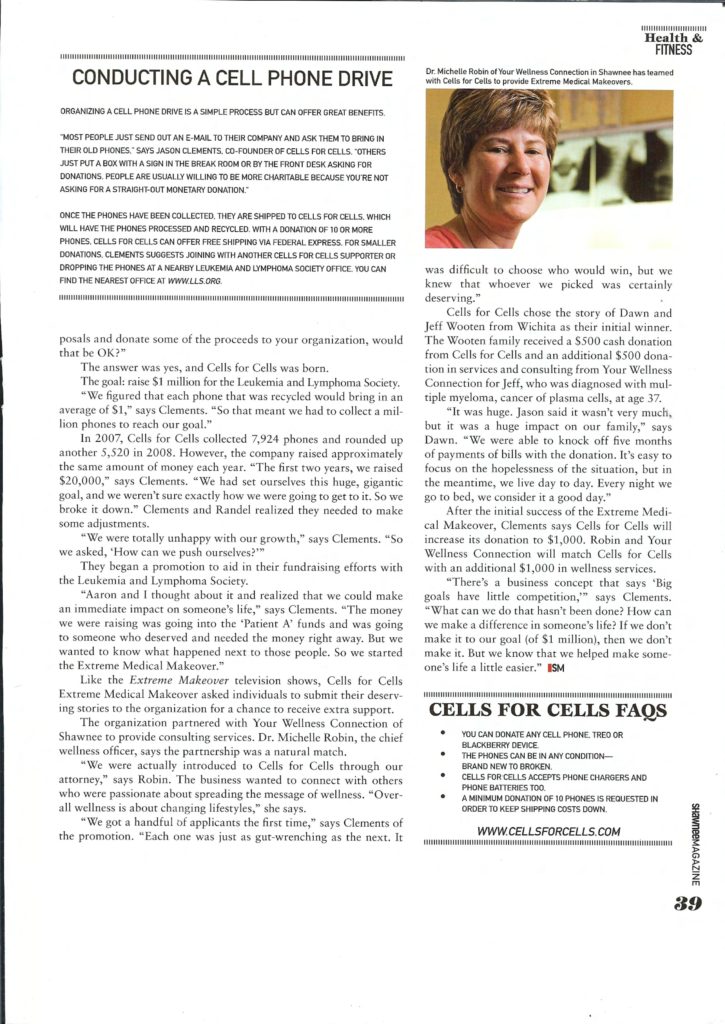This is the Quickest Video for when it is time to recycle retire reuse your old cell phones.
Master Reset Factory Reset Wipe and Clean Samsung Galaxy S8 in less than 1 minute 38 seconds
This is The Quickest Reset Video for the Samsung Galaxy S8
Recycle Cell Phones to Help Families Battling Cancer
by admin
This is the Quickest Video for when it is time to recycle retire reuse your old cell phones.
Master Reset Factory Reset Wipe and Clean Samsung Galaxy S8 in less than 1 minute 38 seconds
This is The Quickest Reset Video for the Samsung Galaxy S8
by admin
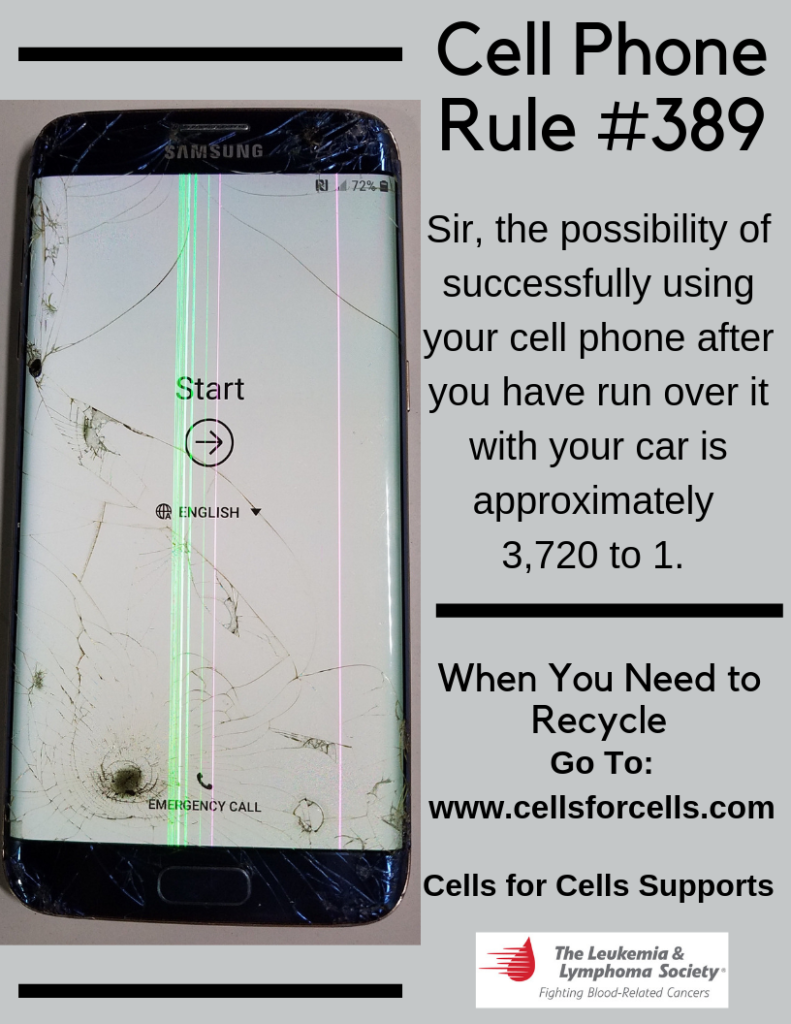
You can use this poster when you are collecting devices in your office or with your friends and neighbors. Here is the download link:
Recycling Used Cells Phones – Even If Your Dog Chewed On It
8 More Tips To Make Recycling Even Easier
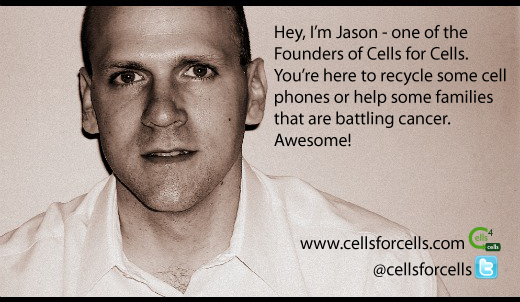
by admin
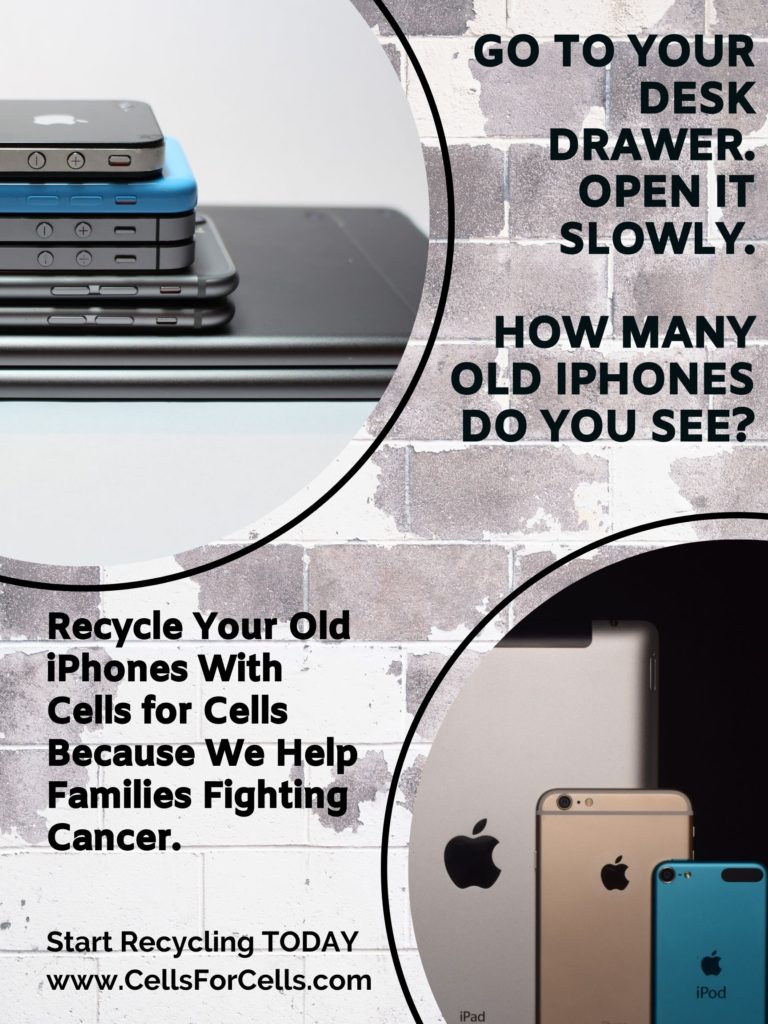
Go to your desk drawer.
Open it slowly.
How many old cell phones do you see?
Cells for Cells has recycled for small business and individuals who want to do more than just recycle – they who want to battle cancer.
And Cells for Cells has recycled for some great companies like:
Cells for Cells raises money for Cancer Charities.
We have raised nearly $50,000.00 for the Leukemia & Lymphoma Society by recycling old and broken cell phones.
It does not matter if you only have 20 or 30 old devices or over 1230 old devices, Cells for Cells can recycle them.
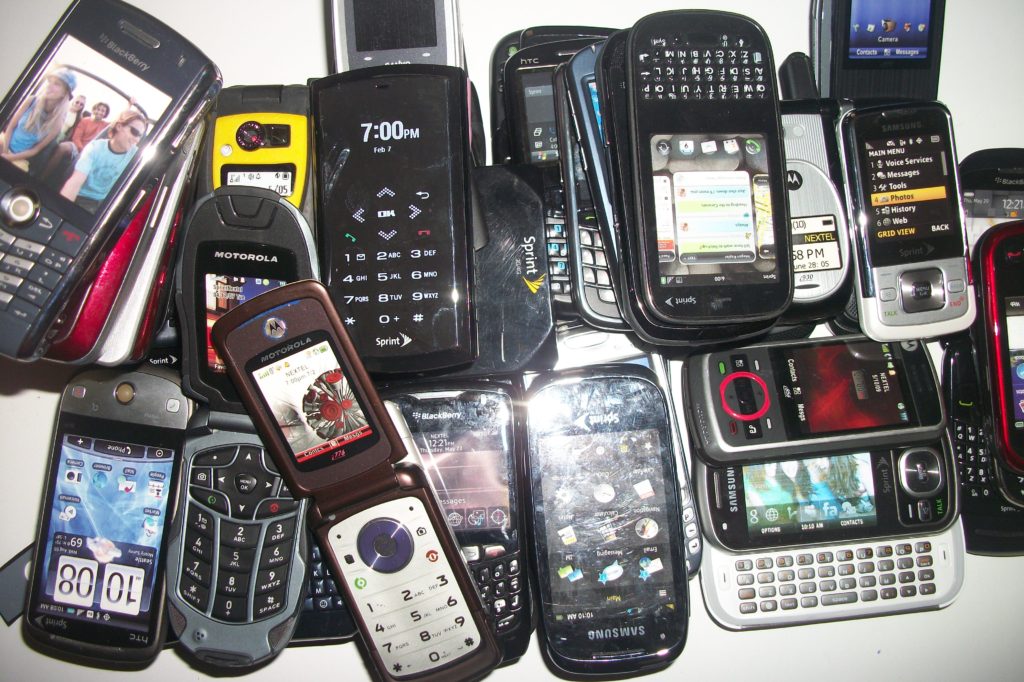
When I walked into the offices of Water District No. 1 of Johnson County, they led me to their IT department and up to a giant, double door storage locker.
They had dozens of boxes, labeled by year, 2000, 2001, 2002, 2003, etc.
“We knew we shouldn’t throw them away; we just didn’t know what to do with them until we heard about Cells for Cells.”
by admin
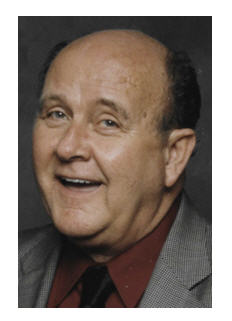
This is the true story of James and Sharon Bratcher of Joplin, Missouri. Sharon had leukemia and James was in a desperate search for financial help.
Sharon is now in remission and they got the financial relief they needed by working together with The Leukemia & Lymphoma Society in Kansas City and their Medicaid office.
This is a happy story!
Unfortunately, James passed away July of 2017, but his message of hope is enduring. Never quit. Never stop fighting for yourself or your loved ones.
James wanted to share his story to help as many families as he could. So, if you have just found out that you have to battle Leukemia or Lymphoma or cancer, James has some tips for you at the end of this story.
I talked to James on the phone. His voice is elderly and tired. But what I heard in his voice most often while I spoke to him was relief and thanks.
James just started telling me his story – his wife, Sharon, was diagnosed with Myelodysplastic Syndrome (MDS) in 2001. Around 2004, her blood count was going up and down and she had to have blood transfusions 3 or 4 times. Then, the worst news: it has turned into Leukemia. Her doctors said that she had to have a bone marrow transplant in 2006. She had a family member that was a perfect match and everything went perfectly. She recovered at the Hope Lodge in St. Louis.
As I mentioned at the beginning of this story, Sharon is in remission and now only has to go get a check up every 12 months. Good things happen and prayers get answered!
That’s how James told me – just like that – short and simple and to the point. Sharon is better and they are relieved. James said that every chance he gets, he calls the Leukemia & Lymphoma Society (LLS) in Kansas City to tell them “thank you.” He said, “As long as I have health, I will always thank The Leukemia & Lymphoma Society.”
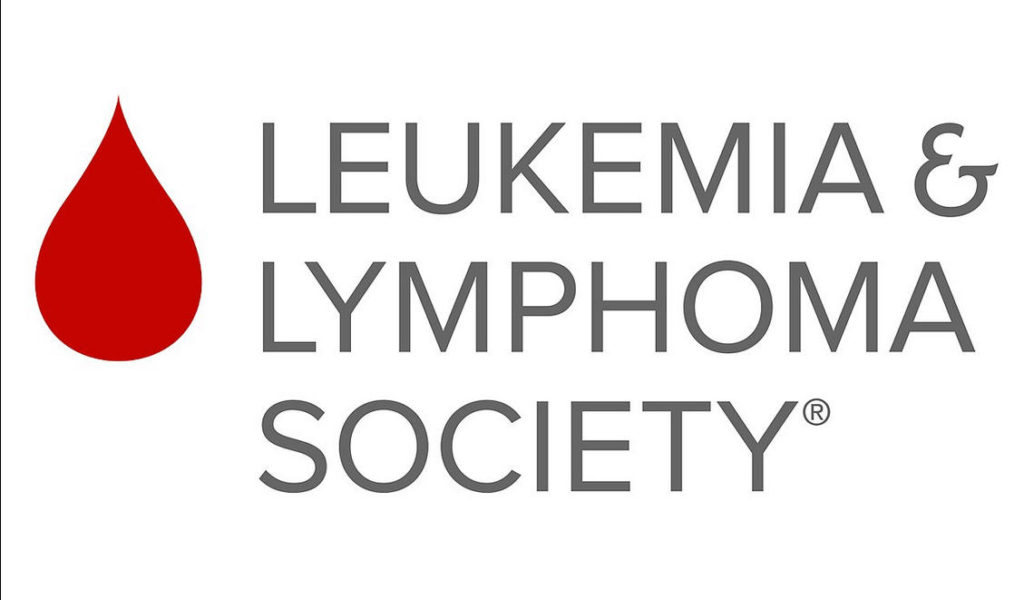
But then his voice flattened as he told me that Sharon’s medicine cost $1200 per month! He said his Medicaid bill went from $300/month to $530 to $687 to $857 in four months! (Now remember that Sharon has been battling MDS since 2001.) James said he spent about 2 long years working and talking to Medicaid and “hundreds of people.” But he still needed help paying the “$800 per month spend down” and he needed help paying for the medication.
“Finally, it was about Christmastime of 2006 that I found The Leukemia & Lymphoma Society, and everything started getting better.” I could sense his smile and the warmth of thanksgiving in his voice again. “If I hadn’t found them, I wouldn’t know what I would have done.” He wanted me to mention Victoria, Elizabeth , Jennifer and Brenda. James said, “Those girls (at the LLS) are amazing.”
“The ball started rolling when I called the LLS.” James said that working with the LLS and Medicaid really paid off. “They help pay for medication and home health care three time per week for Sharon. They also send a nurse every week to help us with our medicines.” James say that he is so thankful to the LLS and Medicaid, “The Lord God himself puts you with people that care.” James added, “It is so awesome!”
I told you this was a happy story!
I asked him what advice he has for folks finding out that they have to battle cancer. Here are his tips:
The money that Cells for Cells raises through recycling cell phones goes to The Leukemia & Lymphoma Society’s patient aid fund. Families, like James and Sharon Bratcher, get financial relief from the patient aid fund.
When YOU recycle YOUR cell phones with Cells for Cells, YOU help families like the Bratchers.
Donate your cell phones to Cells for Cells.
Lastly, if you need financial help right now, call the Leukemia & Lymphoma Society in your area. You can start with the Information Resource Center (IRC) at 800-955-4572. If you prefer, you can go to www.lls.org and at the left at the top, type in your zip code in the “Chapter Finder” box.
by admin
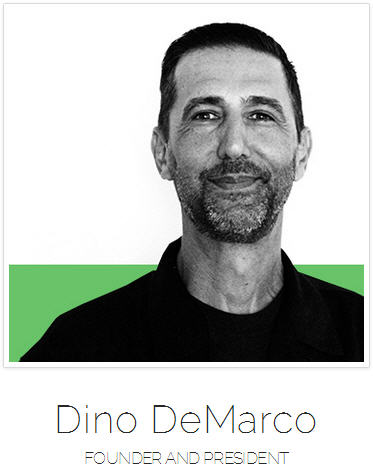
Cells for Cells: What are 3 easy things that anyone can do right now to be better at recycling?
Dino: Try and reduce your footprint by limiting the amount of unnecessary waste – if at all possible.
Sort your recyclables (ewaste, plastic, paper, aluminum, etc.)
Just remember, you don’t have to be perfect to be effective!! If everyone does a little no one has to do a lot.
Cells for Cells: What is new at Extreme Recycling?
Dino: A lot of things are new at Extreme Recycling:
We have shut down our Midwest facility as it was not cost effective and we were not able to bring in the amount of materials to sustain a facility in the Midwest.
Extreme is more focused on the constant change in the industry, the volume has become larger but the size of devices have become smaller which presents a huge difference in the ways that are needed to final-process end of life equipment.
We have become more involved in the ITAD (IT Asset Disposition) aspect of the industry. We are seeing a larger volume of devices and equipment come thru which still have a longer lifespan then we did in previous years. This allows us to test, repair, and refurbish equipment that can still be sold and used in the work and home environment.
Extreme is also very focused on the data destruction side of the business as everything moves from brick and mortar sales to online platforms. There are a lot more opportunities for cybercrime than ever before . We are focusing a lot of time, energy, and money on how we can provide our clients with the most safe and secure way to protect themselves and the public when it comes to data breaches and final data destruction.
Cells for Cells: What do you think is easier for big and small companies to recycle in 2019?
Dino: Computers and CRT monitors are almost gone so the flat screens are easier to sell and ship. Laptops, tablets, small network devices.
Cells for Cells: What do you think is more difficult for big and small companies to recycle in 2019 (Zombies!!!)?
[Read more…] about Cells for Cells Talks to Dino DeMarco about Extreme Recyclingby admin
After raising nearly $50,000.00 for The Leukemia & Lymphoma Society, Cells for Cells is heading back to it’s first passion: DIRECTLY taking care of families battling cancer.
Cells for Cells will continue to support The LLS – they are an organization that does a ton of good for those in the fight against cancer.
As we are able – as the budget allows – we will give away $50 and $100 via Twitter and the Cash App.
So make sure you follow @CellsforCells on Twitter.
